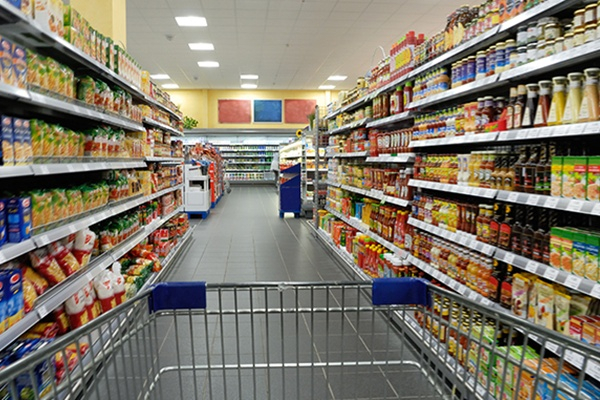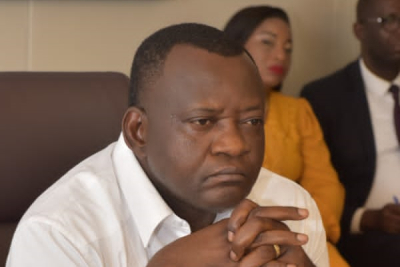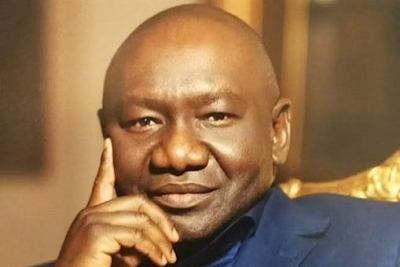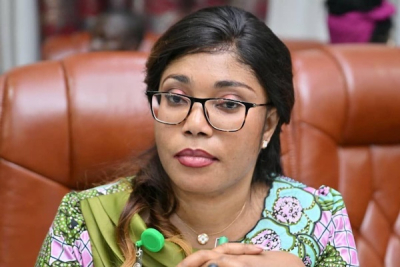The Democratic Republic of Congo (DRC) spends $3 billion on food imports annually on average. President Félix Tshisekedi disclosed the figure in his State of the Nation address to Parliament on December 11, 2024.
DRC’s heavy reliance on foreign markets not only results in significant foreign currency losses but also leaves the country vulnerable to global commodity price fluctuations.
The massive imports also deprive local producers of a substantial share of the agri-food market, as the country underexploits its arable lands which span around 80 million hectares.
Several agri-food value chains remain undeveloped, awaiting investment to satisfy local demand and position the DRC as a key player in intra-regional trade.
Key sectors like cassava and corn significantly impact the rural economy and offer opportunities for value addition through processing. Additionally, rising consumption of animal products and fruits, driven by urbanization, presents major prospects for the livestock and horticultural sectors.
For instance, tomato consumption is increasing, with imports of juice, purée, and fresh fruit exceeding $12 million in 2022, according to FAO data.
Investment in irrigation could further leverage the DRC's abundant water resources, which include 900 million cubic meters of surface water and 420 million cubic meters of groundwater.
While awaiting greater private sector involvement, Tshisekedi emphasized the government's commitment to agricultural development. Under the 2024-2028 Action Program, over 200 agricultural enterprises have received exemptions for importing agricultural equipment, and farmers have benefited from 350 tractors this season.
The upcoming 2025 Finance Act is set to allocate more than 11% of total public spending to agriculture—a significant step toward fulfilling the DRC's commitment made in Maputo in 2003 to dedicate 10% of public expenditure to agriculture and achieve annual growth of 6%.
This article was initially published in French, by Espoir Olodo
Edited in English by Ola Schad Akinocho










